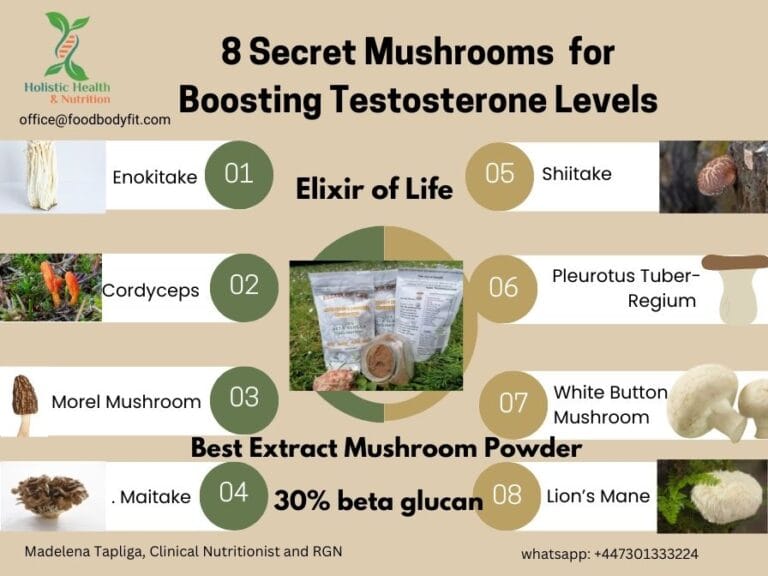
Weight management
With the term ‘obesity’, we characterize an abnormal or excessive accumulation of body fat, which constitutes a great threat to health. Obesity is a very serious health problem rather than a problem of appearance. Obesity, and more specifically the central type of obesity, which is characterized by excess fatty tissue around the abdominal region, is associated with an increased risk of developing diabetes and cardiovascular disease, and perhaps even ‘the metabolic syndrome’.
There are different causes for the development of obesity, which are related to genetics, human biology, hormones and environmental factors. An imbalance between energy intake and energy expenditure is consider the most important. When we consume more calories than we expend for our daily needs (basal metabolic rate, thermogenic processes and activity), this extra energy is stored in the body, mainly as fat stored in fat tissue, in order to be used later as an energy fuel. Therefore, apart from the quality of the diet and the proportion of fat, protein and carbohydrates, the total quantity of energy intake and energy consumed is most important for the energy balance of the body.
Nutrition Screening
An assessment typically includes information from medical, personal, social, and food/nutrition histories; anthropometric and
biochemical analyses; and a physical examination.
• Age, medical diagnosis, past medical history
• Height and weight, BMI, unintentional weight changes
• Tissue wasting, loss (gained) of subcutaneous fat
• Changes (increased or decreased) in appetite or food intake
• Problems that interfere with food intake (such as chewing or swallowing difficulty, or nausea and vomiting)
• Food allergies or intolerances, extensive dietary restrictions
• Laboratory test results that indicate poor health status
• History of diabetes, renal disease, or other chronic illness
• Presence of anemia or skin issues
• Use of medications that can impair nutrition status
• Depression, anxiety, social isolation, dementia
Nutrition Diagnosis
Each nutrition problem receives a separate diagnosis, which includes the specific problem, etiology or cause, and signs and symptoms that provide evidence of the problem.
◆ For example, a potential nutrition diagnosis might be “Involuntary weight gain (the problem) related to chronic use of a medication (corticosteroids) that causes weight gain (the etiology or cause) as evidenced by an unintentional weight gain of 10 percent of body weight over the past six months (the sign or symptom).”
Nutrition Intervention
After nutrition problems are identified, the appropriate nutrition care is planned and implemented. Nutrition interventions attempt to
modify dietary and lifestyle practices or environmental conditions that interfere with nutrition status or health. When possible, the intervention targets the etiology or cause of the problem as identified in the nutrition diagnosis. Nutrition interventions often include both counseling and education components, which require close interaction with the patient.
The goals of nutrition interventions are stated in terms of measurable outcomes, such as the results of laboratory or anthropometric tests. For example, goals for an overweight person with diabetes might include target ranges for blood glucose levels and body weight. Other desirable outcomes include positive changes in dietary behaviors and lifestyle; for example, the diabetes patient may need to learn how to control carbohydrate intake or portion sizes and may benefit from regular exercise.
These outcomes can be assessed during an interview with the patient/the client.
Nutrition Monitoring and Evaluation
The effectiveness of the nutrition care plan is evaluated periodically: the original goals and outcome measures are reviewed and compared with updated assessment data, and the patient’s progress is monitored carefully. Sometimes a change in a person’s situation alters nutritional needs; for example, a change in the medical treatment or a new medication may alter a person’s tolerance to certain foods. A nutrition care plan must be flexible enough to adapt to the new situation.
If progress is slow or a patient is unable or unwilling to make the suggested changes, the care plan is redesigned and take into account the reasons why the earlier plan was not successful.
How it works?
phone: 07301333224
email : office@foodbodyfit.com



